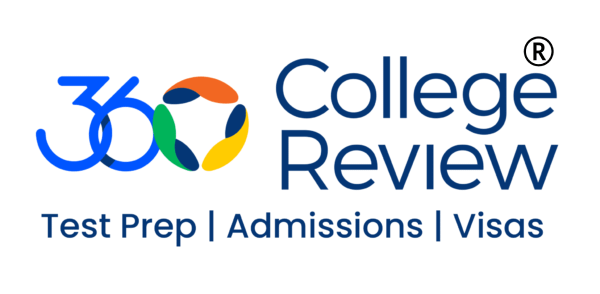
The students who are planning for education in foreign university, the critical point is to decide between America’s Ivy League or Britain’s Russell Group universities. Both groups are known for amazing academic results and intelligence but they do so in systems that is very distinct in ways. Therefore, being unique still has positive influencing in students learning experiences and future employment opportunities. This paper seeks to discuss these differences to assist in decision on elite higher education institutions.
Understanding both groups as foundation of excellence:
The Ivy League began as an athletic conference comprising eight prestigious universities in the northeastern United States: Harvard, Yale, Princeton, Columbia, Brown, Cornell, Dartmouth and the University of Pennsylvania. This sports-based grouping gradually turned into an academic fraternity and it’s important to point out that several other outstanding institutions of similar calibers like Stanford, MIT & Caltech aren’t part of this rigidity.
The Russell Group was formed in 1994 and has a different history. The establishment of this group was for the purpose of representing the interest if 24 major research universities in United Kingdom, including University of Oxford and University of Cambridge. Larger but including the UK’s most research-intensive universities; membership doesn’t guarantee that all departments/programs are ‘Russell Group’ caliber.
Dimensions of scale, selectivity and student perspective:
First, there is a significant difference in size and selectivity of these groups. Combined, Ivy League schools gives graduates less than 2% of the US total undergraduate enrollment, with admission rate still below 10% in many instances. This has the effect of making them prestigious and guaranteeing small group learning and very rigorous course works.
Russell will provide education to about 30% of the total undergraduate students of UK, which make it more diverse as compared to Ivy League. Nonetheless, within this group, Oxford and Cambridge universities have similar admission standards as the Ivy League institutions, taking just about 2% of UK undergraduates.
Educational approaches and academic structure:
There are huge gaps between the educational beliefs of each of these groups. Most of the Ivy League universities provide four years of study established upon the liberal arts system. It enables the students to learn many fields before they specialize thus provide both general education and subject specialization. The decision on the choice of courses, emphasis on extracurricular activities, leadership development is part and parcel of the Ivy League system.
Russell Group universities awarded three-year degree programs, four in Scotland, where the first year of study is tailored to the students’ subject of interest. This is ideal for students who want to focus on their specialization and would like to study in depth rather than covering various disciplines. The research-focused atmosphere offers special chances to interact with the progress in the field in which they are involved.
Financial implications and benefits of the opportunities:
However, the cost structure of these institutions is rather different. The private universities are expensive some costing as much as $50,000 and $70,000 per year but most of them offer need and merit based financial assistance. This high sticker price is not only the cost of education, but also the cost of the campus experience and the range of services offered to the students.
Organizational Implications and International Acknowledgment:
The two groups have very promising career opportunities but their effects vary across the geographical and business segments.
An Ivy League degree usually comes with recognition throughout the world and can help in business worldwide. These links go global making it easier for alumni to possibly connect with potential employers anywhere on the globe.
Russell Group universities are similarly ranked internationally however the industry linkages may be even more powerful in the UK and Europe. Their graduates rely on the connections with the European commerce and research organization which will make them most useful for students who are planning to work in Europe.
Making the Right Choice: A Holistic Approach:
However, when it comes to selecting between these institutions the factors listed below should not be overlooked In addition.
The curriculum objectives are also significant to make a decision. If student wants a research oriented system than Russell group is preferred. Student who wants to get diversified education will choose to enter Ivy League University. Issues of concern to do with finance should go further than tuition to living costs, scholarships, and possible value added.
Location is also important since each option provides certain options for the postgraduate work and travel experiences.
Beyond the Prestige Factor:
We understood that both the groups have best to offer but we should decide on basis of specific factors and aims. It should not be a narrow chase of a particular college name or brand but, should come as a result of a critical evaluation of the intended academics in the college, the finances involved, the intended career path and more importantly the individual’s choice.
It means that by distinguishing between these types of preparation, the individuals could make more appropriate choices concerning the forms of higher education. It also did not matter whether the university belonged to the Ivy League or the Russell Group, as long as the students were able to make the most out of their opportunities they had at the university.
Organizational Implications and International Acknowledgment:
The two groups have very promising career opportunities but their effects vary across the geographical and business segments.
An Ivy League degree usually comes with recognition throughout the world and can help in business worldwide. These links go global making it easier for alumni to possibly connect with potential employers anywhere on the globe.
Russell Group universities are similarly ranked internationally however the industry linkages may be even more powerful in the UK and Europe. Their graduates rely on the connections with the European commerce and research organization which will make them most useful for students who are planning to work in Europe.
Making the Right Choice: A Holistic Approach:
However, when it comes to selecting between these institutions the factors listed below should not be overlooked In addition.
The curriculum objectives are also significant to make a decision. If student wants a research oriented system than Russell group is preferred. Student who wants to get diversified education will choose to enter Ivy League University. Issues of concern to do with finance should go further than tuition to living costs, scholarships, and possible value added.
Location is also important since each option provides certain options for the postgraduate work and travel experiences.
Beyond the Prestige Factor:
We understood that both the groups have best to offer but we should decide on basis of specific factors and aims. It should not be a narrow chase of a particular college name or brand but, should come as a result of a critical evaluation of the intended academics in the college, the finances involved, the intended career path and more importantly the individual’s choice.
It means that by distinguishing between these types of preparation, the individuals could make more appropriate choices concerning the forms of higher education. It also did not matter whether the university belonged to the Ivy League or the Russell Group, as long as the students were able to make the most out of their opportunities they had at the university.
– The Author is Mr. Ajay Thiara , Founder & Managing Director of 360 College Review

